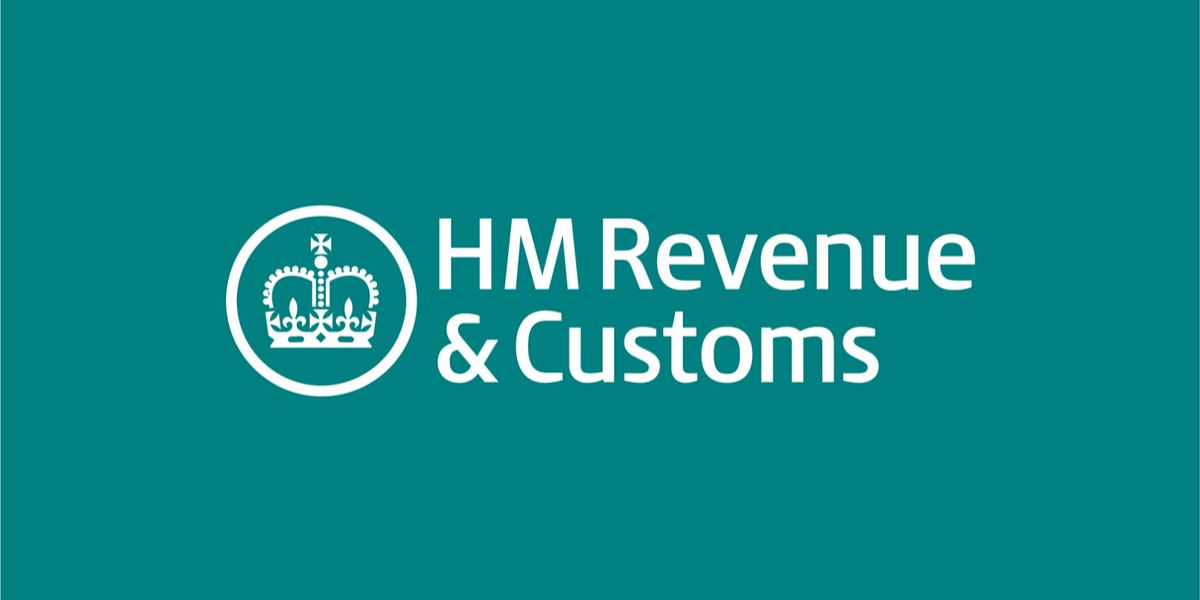On 15 August 2016 HMRC issued a consultation document on Making Tax Digital: Bringing business into the digital age. The UK government announced at Budget 2016 that businesses, the self employed and landlords will be required by 2020 to update a digital tax account on a quarterly basis. HMRC has stressed that this does not mean that there will be a requirement to prepare quarterly accounts but the change will involve keeping records digitally and updating HMRC more frequently than at present.
HMRC is proposing to introduce the following measures:
- An exemption from the requirement to keep digital records for unincorporated businesses or landlords with turnover below GBP 10,000;
- Deferral by one year of the starting date for digital record keeping for businesses with turnover between GBP 10,000 and a specified upper limit;
- Financial help to some businesses to transition to digital record keeping;
- A new points-based penalty system that would apply penalties only after several errors, with a relaxed treatment of one-off errors and softer treatment in the first year of digital record keeping;
- Consultation on exemptions for charities, community amateur sports clubs and possibly other organizations;
- Increased access to the cash basis for smaller businesses;
- Flexibility in choosing to record reliefs, allowances and accounting adjustments in quarterly reporting; and
- Simplification of partnership reporting requirements by a proposal to abolish the current requirement for partners to report their individual profit share in the annual tax return.
HMRC has confirmed that the digital information supplied quarterly would be the summary totals of the income and expenditure and not detailed records of transactions. There is to be consultation on all aspects of the transition to digital tax record keeping and the reforms will be introduced gradually. The changes will apply to income tax and national insurance contributions of unincorporated businesses from April 2018; to value added tax (VAT) obligations from April 2019; and to corporation tax obligations from April 2020.
Digital tools
HMRC will ensure that software products compatible with the digital tax record keeping requirements will be available to suit the need of all businesses and will include some free products. HMRC intends to work with software developers to ensure that there is a competitive market offering a choice of products serving multiple requirements to cater for the different needs of businesses. HMRC will provide guidance to business on what to look for in commercially available products; a list of products that are compatible with HMRC systems; and regular performance metrics on the software packages and apps. Data and advice will be available on the UK government website.
The requirement to keep evidence such as invoices, receipts and records of cash takings to back up transactions will not change and software will be available to make sure this evidence can be kept digitally. This is likely to take the form of software functionality to scan paper invoices and receipts into the software using a smartphone camera.
The software will include digital assistance such as prompts and nudges to help taxpayers get the tax right. This assistance will be integrated with ways to contact HMRC through secure web chats, online tutorials and other guidance. The use of prompts when categorizing expenses as allowable for tax purposes will help businesses to receive targeted guidance.
Businesses will still have the option of drawing up formal accounts once a year as at present. There will be no requirement to draw up quarterly accounts meeting tax requirements and accounting standards. However businesses looking for greater certainty of their tax position during the year or moving to quarterly accounts can make use of the opportunity presented by the digital tax reporting changes.
Cash basis
Currently businesses with an annual turnover below the GBP 83,000 threshold for VAT registration can opt for the cash basis method of accounting for income tax. Businesses can then continue to use the cash basis while their turnover remains below twice the level of the VAT threshold. Consultations are currently being conducted on whether to increase the turnover threshold for unincorporated trading businesses and property businesses opting to use the cash basis.
Accruals accounting
Unincorporated businesses using accruals accounting are required to make adjustments for items such as stock, accruals, prepayments or bad debt provisions. A separate consultation is looking at the possibility of removing some of the accounting requirements but still achieving an acceptable calculation of profits for HMRC and for the business. Where businesses are currently using their own accounting software HMRC is looking to align requirements with the existing accounting records the businesses prepare and maintain.
Tax adjustments
Tax adjustments for depreciation and disallowed expenses could be made automatically by the software. However HMRC will retain flexibility in the requirements as many businesses prefer to wait until the year-end to make tax adjustments and this is often done by a tax agent. Businesses could make these adjustments if they want a more accurate estimate of their tax liability earlier in the year. Businesses would also have the flexibility during the year to reflect the effect of tax reliefs and allowances on their estimated tax liability.
Updating HMRC
When the business software has compiled the relevant data it will feed the updates directly into HMRC systems without the need to transfer the data to a separate tax filing product. The update of income and expenditure will only be summary data. HMRC systems will only be updated when businesses provide an update. VAT registered businesses will submit an update that is also a VAT return.
HMRC is inviting comments from interested parties by 7 November 2016.


















